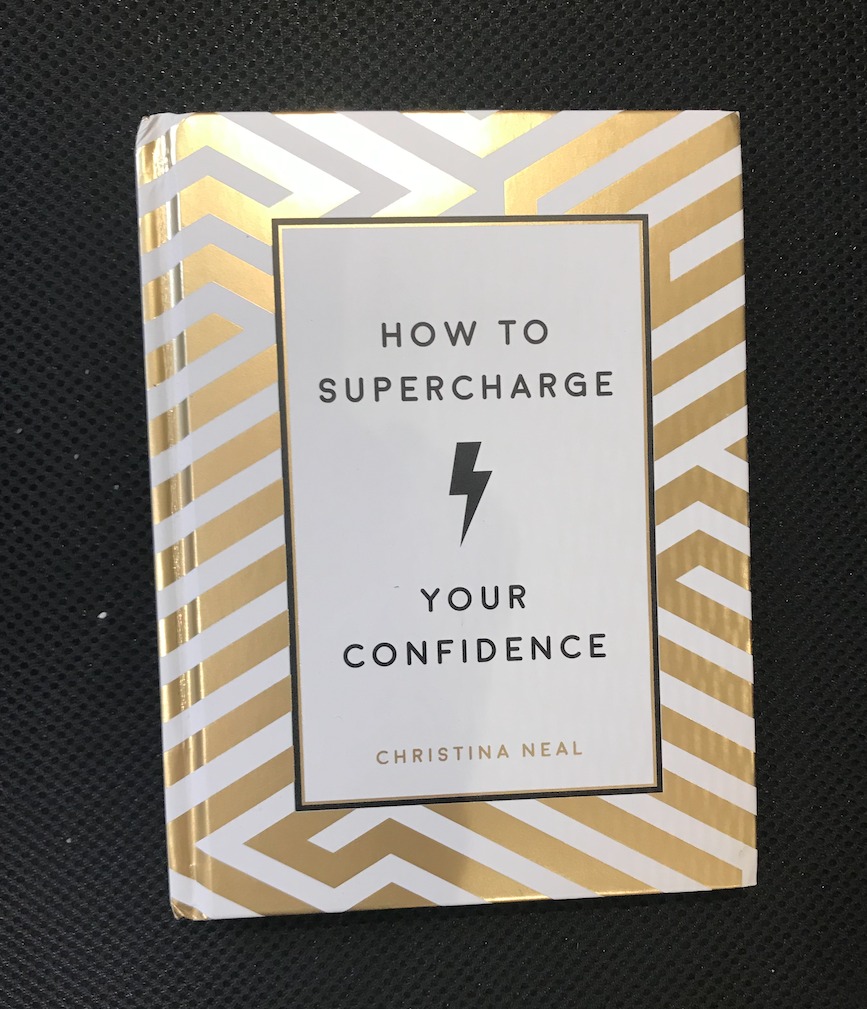Women’s Fitness Editor, Christina Neal, author of the book, Supercharge Your Confidence, reveals how to boost your self-esteem.
A positive mindset can go a long way to making a difference to what you can achieve and of course, how you feel about yourself. Whatever your goals or ambitions, you need to have a reasonable amount of confidence and self-belief. If you don’t truly believe in your abilities, you won’t have the confidence to pursue your ambitions. Here’s how to give your confidence a good boost…
Choose your company carefully
American entrepreneur and motivational speaker Jim Rohn famously said: ‘You are the average of the five people you spend the most time with. Choose carefully’. The people around you should encourage and support you. If you tell someone you are going to change career or take up a new hobby, they should be supportive and offer their encouragement and not scoff at your ambitions. You should feel energised in their company. Make the right choices with the company you choose and you’ll be around people who inspire and motivate you.

Work on developing your confidence
This means taking consistent action – setting goals and achieving them is a great way to feel more confident. In the book, Six Months To Six Figures by business entrepreneur Peter Voogd (Game Changers Press), the author talks about your ‘confidence account’. Voogd writes: ‘Insecurities will destroy you, while real confidence will take you to a level very few attain’. He talks about working on your ‘confidence account’ and says self-esteem comes from doing things that need to be done – even if you don’t feel like doing them. He believes that confidence comes from taking action. Don’t put things off. Every time you say you’re going to do something, and you put it off, your confidence can be negatively affected.
Craft a morning routine
A morning routine will give you structure and purpose. It will also give you a sense of ‘owning the day’, rather than the day owning you, as it’s all too easy to wake up and find yourself at the mercy of emails or internet distractions that means time just escapes you. If you spend the first hour of your working day reacting to emails or social media, it’s easy to get swamped by a lot of noise and get distracted, meaning you might end up watching videos or reading newsfeeds when you wanted to get certain tasks done. Plan your morning.
Get better at key tasks
The more competent you are at certain tasks, the more confident you will be. Improve your skills and become more proficient at a given task or role. This will boost your confidence.
Write goals down

The act of putting pen to paper, or finger to keyboard will help you remind you of your goals. Write goals down and keep them in a prominent place – on your phone where you can look at them, on the fridge, in a diary or notebook you refer to regularly – anywhere you can see them. This creates a strong form of motivation called ‘intrinsic motivation’ which means you will be more focused. Intrinsic motivation is about doing something you want to do because it means something to you a personal level and you’re not doing it to get approval or external validation or reward from others. In other words, you’re doing it for you.
Take responsibility
Don’t blame others for things you did or didn’t do. If you meant to go for a run but you didn’t because your friend invited you to go shopping, it was your choice. No one has the ability to force you to do something. People may try to cajole you to eat the cake or ‘have one more drink’ but if you don’t want to do it then don’t let them change your mind. If they truly respect you, they will respect your wishes. And if they don’t, they may be trying to sabotage your efforts. Do you really want to give them control over your actions?
Learn how to say no
We Brits find it so much easier and less stressful to say yes to something we don’t want to do than stand our ground. But agreeing to something we don’t want to do can make us resentful and self-critical and can also affect your confidence, as deep down, you will feel like you’re not assertive enough to speak your mind. You can have a clear reason in mind for turning down an invite, but you don’t have to give a reason, or you may feel like you’re justifying your actions. If you do give a reason for saying no, keep it short and concise.
More information

Christina’s book, Supercharge Your Confidence, is available on Amazon published by Summersdale.







